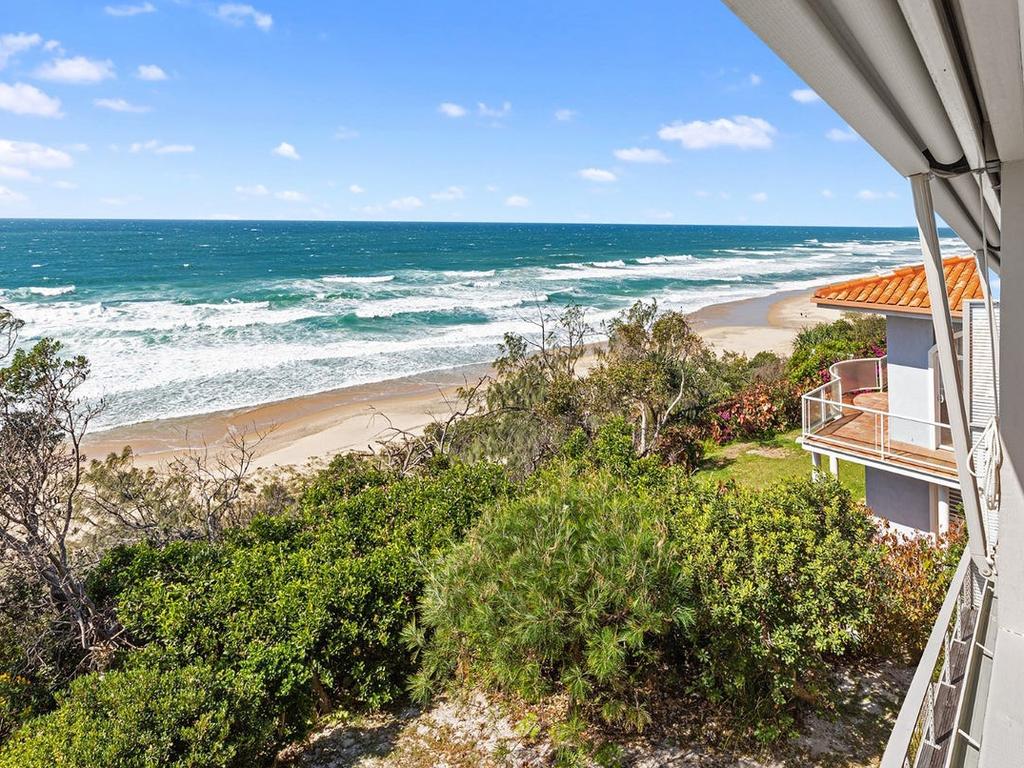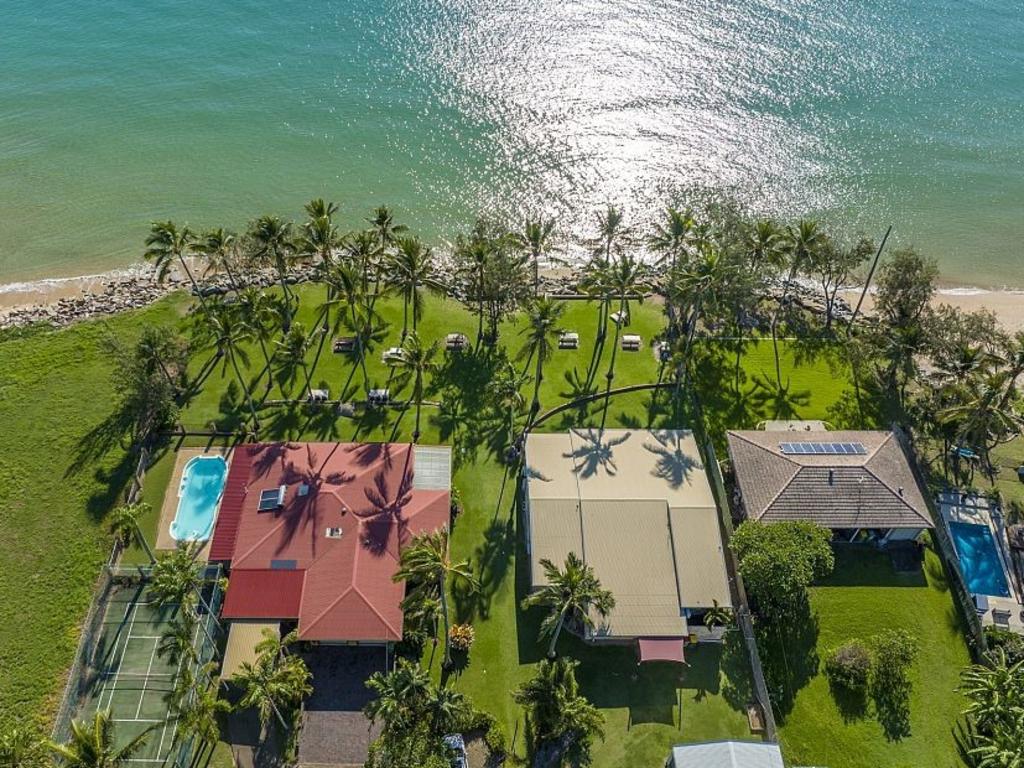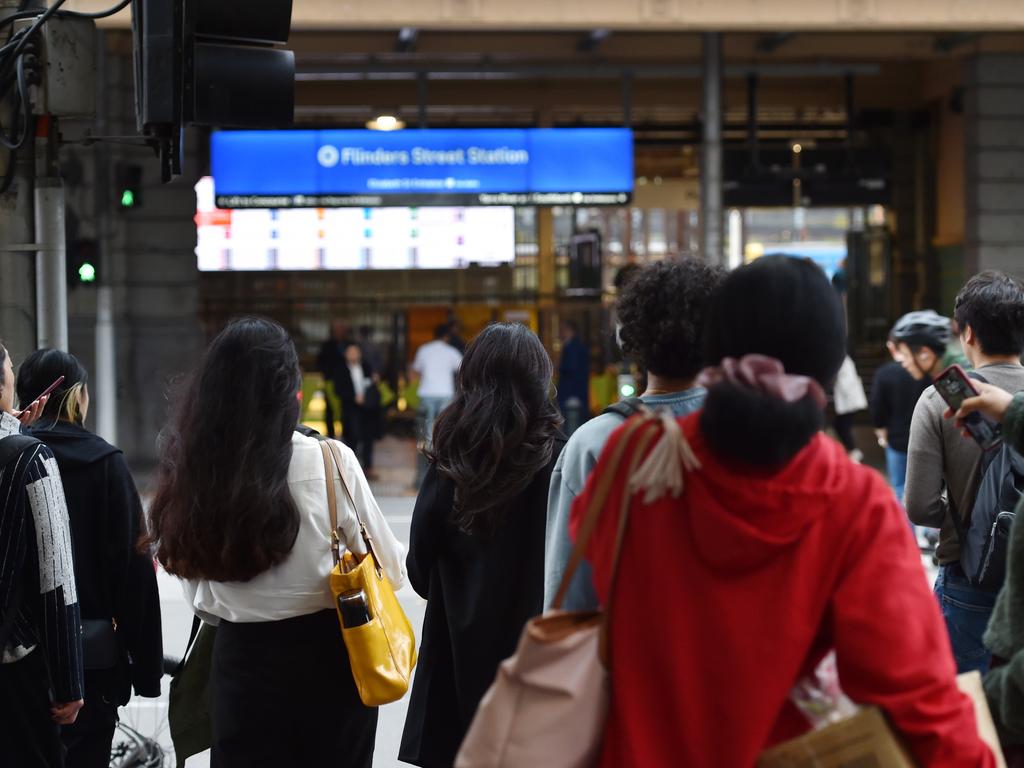Professor says beach houses are ‘killing Australia’
A professor has blamed “privileged” families for the housing crisis, arguing that while “your beach house is lovely … it’s killing Australia”.
A Melbourne professor has blamed “privileged” families with holiday homes for the housing crisis, arguing that while “your beach house is lovely … it’s killing Australia”.
David Hayward, Emeritus Professor of Public Policy at RMIT University, weighed in on the housing affordability debate in an opinion piece for The Age last week, pointing the finger solely at property investors for gobbling up supply.
“For a privileged group, property has become an addiction that’s getting worse by the day,” he wrote.
“Why settle for one house when you can have two, three or more? On top of the family home, why not get an apartment to rent out, and another for summer vacation? I call them MMOOYBYs — those who want to Make Money Out of Your Back Yards.”
Prof Hayward said during Covid, Australia broke new records for dwelling construction and yet prices and rents still went through the roof “when Economics 101 would expect the opposite to occur, especially as overseas migration fell through the floor”.
This phenomenon has partially been attributed to the number of people per dwelling falling, as spare rooms were turned into home offices during the pandemic.

“We have been building vastly more dwellings than are needed to match population growth for decades, yet real prices and rents keep growing, affordability keeps falling, and ever-increasing government subsidies can’t keep up,” Prof Hayward continued.
“We currently have one million more houses than households. And all this because of the MMOOYBYs, who just don’t know how to stop.”
He said less regulation would not solve the problem, as those with property would “just keep buying more and more of it”.
“It doesn’t matter that holiday homes sit vacant for much of the year … Nor does it matter that those holiday homes might have come at the cost of long-term rentals,” he said.
“That property addiction works well for those with multiple properties — Baby Boomers and those on high incomes prominently among them. They get to negatively gear their rental properties with a tax break that rewards them for borrowing up so big that they make a sizeable loss, even if that new acquisition isn’t so nice to live in.”
Prof Hayward argued tax reform was instead the solution, saying he was a “fan of Victoria’s recent budget” which massively increases land tax on second and more homes.

“The time is right for all states to lift land taxes on non-first homes,” he said.
“Let’s put our best minds to what sort of tax and regulatory arrangements might best wean those property addicts off their costly habit … Let’s use that cash to pay for public and community-delivered homes for those who don’t have one, who in turn should be able to buy them when the time is right.”
Under Victoria’s budget changes, those who own more than one home will pay at least $5000 over the next 10 years, with a new $500 annual tax for investment properties with a land value between $50,000 and $100,000.
The payment will increase to $975 for homes valued between $100,000 and $300,000, while an extra 0.1 per cent of the land value will be applied to properties worth more than $300,000.
Treasurer Tim Pallas said roughly 860,000 landowners would be affected by the land tax change.
Reaction to Prof Hayward’s piece on social media was mixed.
Twitter user Ron Dunn wrote, “I’ve never owned a beach house. I’d have liked it, but I spent my money on other things. That’s my fault, and not the responsibility of those who made better decisions. Hating people for saving and investing wisely is the new blood sport.”

Another person said, “‘You’re greedy for owning a holiday home.’ Very poor, emotionally charged arguments fuelling dissent. What has academia become?”
A third said the piece was “ridiculous tall poppy syndrome”. “For those who have managed their finances well and can afford a holiday house good luck to them,” they said.
But others agreed, calling it a “great piece” and an “excellent article on easy fixes to improve housing affordability”.
Prof Hayward was not available for additional comment when reached by email on Friday.
Some economists have argued that record immigration remains the key driver of the property market.
According to the most recent federal budget, Victoria’s population is expected to grow by 694,000 over the five years to 2026-27.
Australia overall will take in an unprecedented 1.5 million net overseas migrants over that period, with a record 400,000 arriving this financial year and 315,000 next.
MacroBusiness co-founder Leith van Onselen noted recently Melbourne has been the fastest-growing Australian city this century, adding 1.6 million residents — 45 per cent growth — since 2000.

“This extreme population growth has required massive investment in infrastructure and services, which is now drowning the state in debt,” he wrote. “Victoria is a prime victim of the federal government’s mass immigration program and the political system’s vertical fiscal imbalances.”
Because the federal government takes in more than 80 per cent of total tax revenue, states are “constantly starved of funding”.
“Thus, the federal government’s high immigration-driven population expansion imposed on Victoria (Melbourne) has left the state budget severely underfunded, which, combined with inefficiency, has sent Victoria’s debt skyrocketing,” he wrote.
Reserve Bank governor Philip Lowe also recently took a veiled swipe at the federal government during a Senate Estimates hearing, suggesting there was not adequate investment in housing and infrastructure to keep up with immigration.
“We do need to increase the capital stock in line with the number of people in the country and that requires high levels of investment, and if we don’t do that, then we’re going to struggle,” he said.
More Coverage
“If we’re going to have 2 per cent more people in the country [this year], we need 2 per cent more capital, and that requires investment by business and investment by government. Solving the housing problem, I think that’s the single biggest thing we could do. And then we’ve got to build the transportation infrastructure to support that.”
Dr Lowe added, “Are there 2 per cent more houses? No.”






